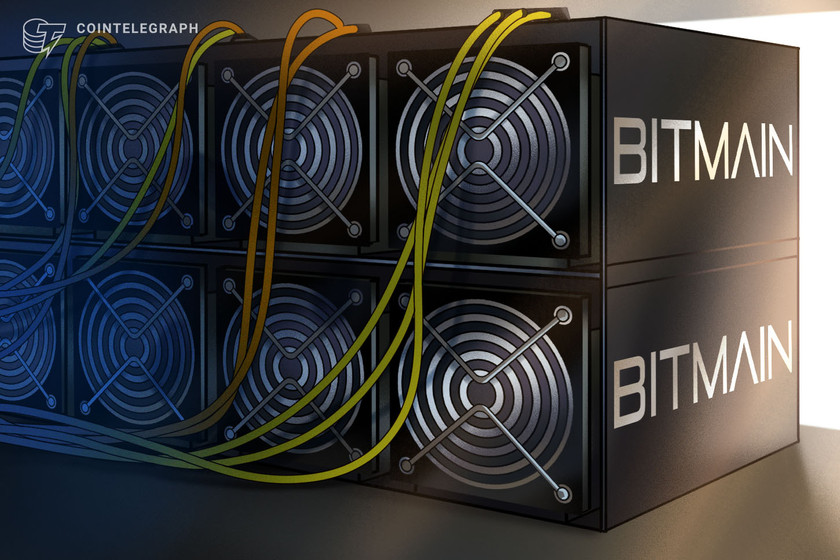Solo Bitcoin miner defies odds to mine valid BTC block, gets $150K block reward


Mining a valid BTC block solo is so rare that the event has occurred only 270 times out of the 700,000 blocks produced in the last 13 years.
A solo Bitcoin miner has managed to mine the 780,112th block in the Bitcoin blockchain, receiving a 6.25 Bitcoin (BTC) block reward in return. The estimated value of the payout is over $150,000.
The solo miner was also lucky to have produced a valid hash after just two days of mining, as the event itself is rare, and it can take months for a solo miner to produce a valid hash.
The rare event occurred on March 10 and was the 270th solo mined block in Bitcoin’s 13-year-long history. The event is rare because a solo miner of this size usually solves a block, on average, about once every 10 months.
Congratulations to miner39nDQ9BexEBXpRdkHY1z95CaMDEwh6muPW who solved the 270th solo block at https://t.co/UWgBvLkDqc with 6.7PH but doesn’t appear to have been mining for very long https://t.co/WGVBC3QajX
— Dr. Con Kolivas (@ckpooldev) March 10, 2023
The miner created a solo mining pool using the Solo CK Pool mining service, for which they produced a valid block hash and were rewarded with 6.25 BTC, with a fee reward of roughly 0.63 BTC.
Con Kolivas, the Solo CK mining pool admin, noted that the miner behind the rare event might have temporarily rented hashing power to produce the output hash.


Bitcoin mining requires miners to input computational power to solve and add the next Bitcoin block to the network. However, with the growing popularity of BTC mining and the constant rise in the network hash rate and powerful mining machines, it’s near impossible for a solo miner to solve the whole block on their own.
Related: How to mine Bitcoin: A beginners guide to mine BTC
Thus, a valid block hash is often produced using the computational power of multiple mining rigs, all trying to mine the next block. The block reward is distributed according to the input hash rate of each miner in the mining pool.
The Solo CK mining pool has been behind several solo-mined Bitcoin blocks in the past as well. Two of these solo-mined blocks came in January 2022, only two weeks apart, with the first occurring on Jan. 11, 2022, at a block height of 718,124, followed by another on Jan. 24, at a block height of 720,175.













